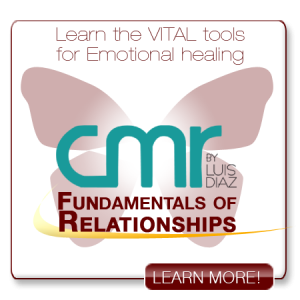How to Detect When One Is Playing the Role of Victim
- We react unconsciously to everything.
- Our mind constantly creates situations full of anxiety or worry.
- We think, interpret, and analyze (inwardly or outwardly).
- We deny what we feel (“Everything is all right,” “There’s no problem,”etc.).
- We suppress our emotions (with rigidity, contractions, tensions, and illnesses).
- We tend to engage in dramatic situations and with dramatic persons.
- We permanently speak about what “should” and “shouldn’t” be done.
- We complain about ourselves and others.
- We inwardly or outwardly judge, criticize, accuse, and blame anyone.
- We repeat past situations again and again in our mind.
- We find it very diffi cult to forgive, and keep very old resentments.
- We want to take revenge and “collect debts.
- We resort to our painful past when having to act or make decisionsin the present.
- We are afraid of the future and of what it may have in store for us.
- We rehearse again and again what we shall do or say.
- We aren’t aware of the present and ignore it completely.
For each trait that is true for you, do the following:
- Acknowledging what I feel: “I’m scared, angry, sad, excited, enthused,attracted by …”
- Localizing the feelings: realizing in what exact part of the body the sensation is localized.
- Permitting the feelings: moving oneself, shaking oneself, stretching,emitting sounds, etc.
- Intensifying the feelings: amplifying to the greatest possible degreewhat one feels.
- Breathing into the feelings.
I take responsibility for my life.
“Be oriented to your true self, not your self-image.” – Deepak Chopra



Desde hace dos días que me enteré a través de ti que atrás de la fibromialgia esta el enojo me he permitido sentirlo y con este ejercicio hasta temperatura tengo pero me siento liberada.
Muchas gracias. Te quiero mucho. Besos.
Que bueno lo que me cuentas.
El enojo en el cuerpo produce muchos dolores, y que la naturaleza del enojo es lastimar…
Un abrazo,
Luis